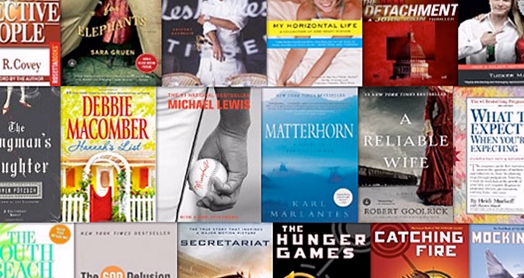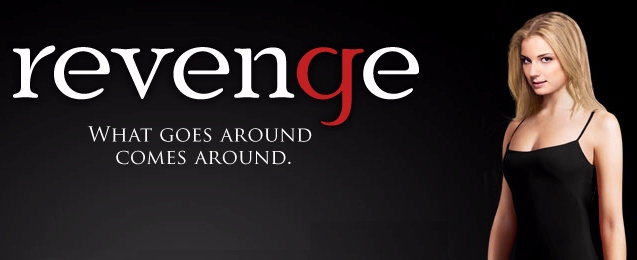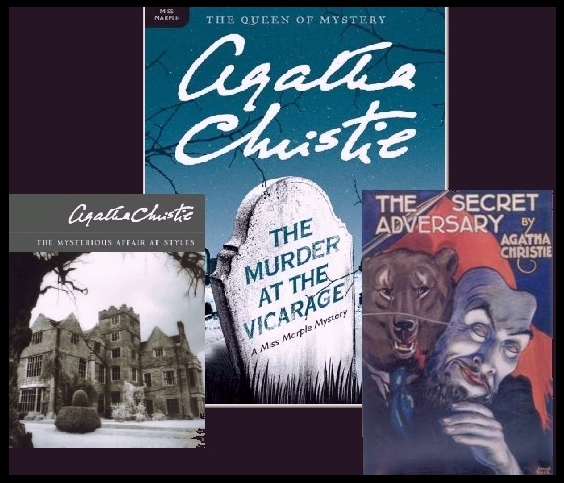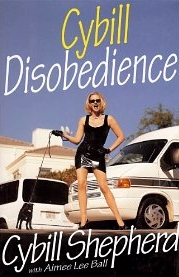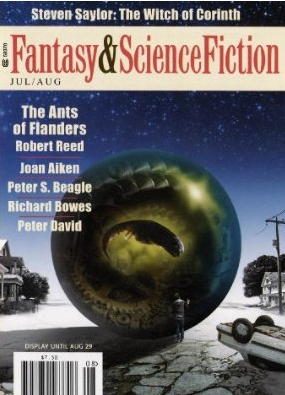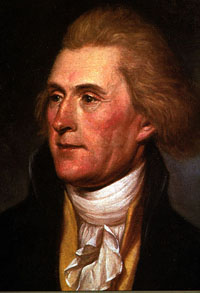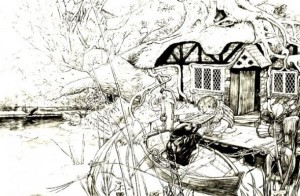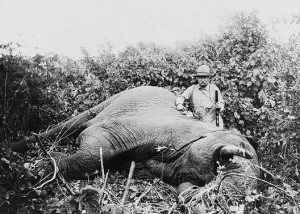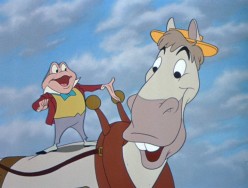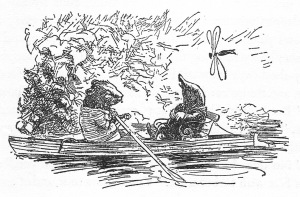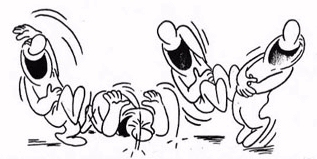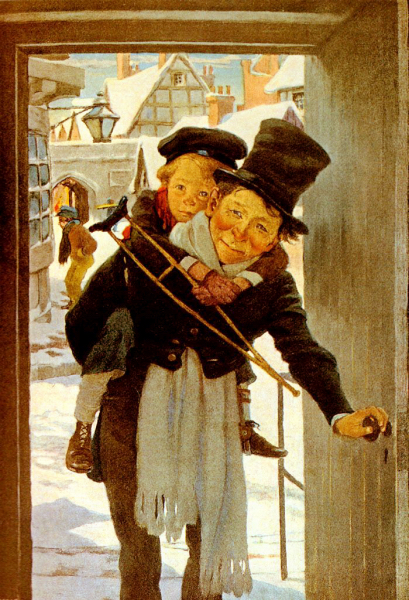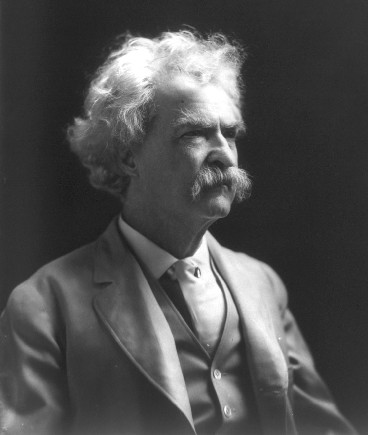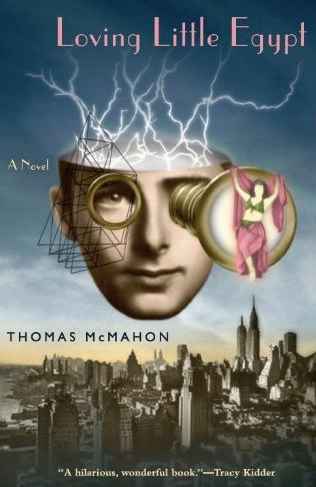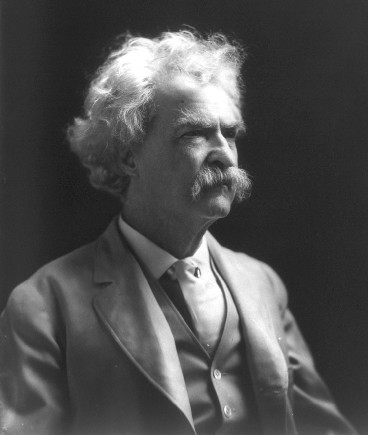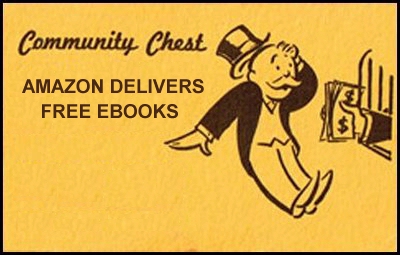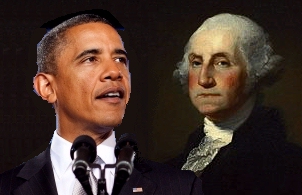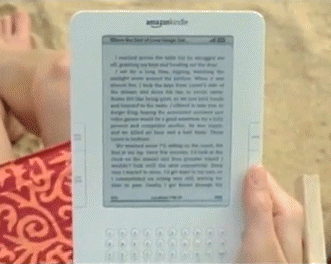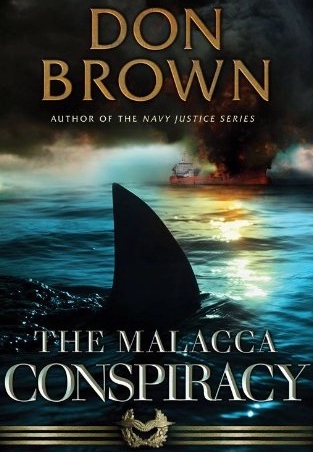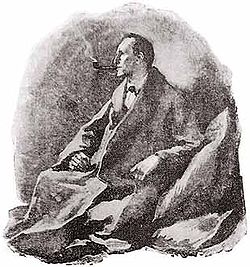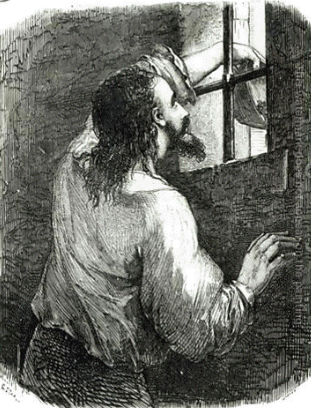 EDITOR’S NOTE: It’s been an exciting week. A division of Readers Digest linked to a blog post by my girlfriend about The Adventures of Sherlock Holmes. (She’d reported it was Amazon’s most popular free mystery ebook).
EDITOR’S NOTE: It’s been an exciting week. A division of Readers Digest linked to a blog post by my girlfriend about The Adventures of Sherlock Holmes. (She’d reported it was Amazon’s most popular free mystery ebook).
And then another blogger noted that she’d also shown up the head of Barnes and Noble. Len Riggio, who actually founded Barnes and Noble, waved around a print edition of The Count of Monte Cristo while seeming to imply that customers wanted to own the book itself. It become a controversial symbol — especially since my girlfriend had just finished reading the same 1,300-page book on my Kindle!
In fact, she’d decided that the book is “the quintessential expression of what a novel is about. Interesting characters, exotic locals, beautiful language, intriguing plots that twist and turn, and ultimately, redemption and love.” The Kindle had brought the ebook to a new generation of 21st-century readers. So what did she feel after reading it on my Kindle?
* * *
The Count of Monte Cristo, published in 1884, is a justly famous novel. The novel as an art form was still pretty new at that time and Dumas is a master at the craft. The book moved along briskly, keeping me intrigued at every step. A young man with a bright future is taken down by jealousy and political maneuvering, then returns incognito as a count, wealthy beyond all imagining (how convenient) to plot revenge against the three men who caused his torturous imprisonment.
The Count of Monte Cristo was published in serialized form, like serveral other old novels I’ve recently read on the Kindle (including The Insidious Dr. Fu-Manchu and Adventures of Sherlock Holmes). I like the idea of reading these stories in installments over weeks or months, getting to know the characters, savoring the language and masterful descriptions of time and place. This story is very compelling and hard to put down. I found myself reading faster just to find out what could possibly happen next.
This is a novel very much of its day. Its plot draws on France’s chaotic political landscape during the early 1800’s, with the Royalists and Bonaparte-ists being in favor and then out of favor over a couple of decades. Out of favor meant easily imprisoned, and that is indeed how Dante gets to prison: by being wrongly accused of connections to Bonaparte, and because a power-hungry magistrate ignored facts in order to further his career.
Dumas had experienced this personally. His father, himself the son of a nobleman, had been a general in Napoleon’s army who fell out of favor and left his family impoverished at the time of his death in 1806 (when Dumas was an infant). I learned about the fluid nature of French politics in the early 1800s in history class, but I’d never thought about what it meant for the average citizen. This poverty followed Alexander Dumas and his family, even after the return of Napoleon, and fed his imagination.
Dumas faced other challenges as a result of his mixed-race heritage, even as he became a famous writer. His grandfather had married a native Haitian woman, a fact that surprised me because no one mentioned it when I was growing up. Wikipedia says that this heritage affected Alexander Dumas all his life, despite being famous. Once after being insulted he retorted, “My father was a mulatto, my grandfather was a Negro, and my great-grandfather a monkey. You see, Sir, my family starts where yours ends.” (Note to self: never insult a writer.) This prejudice certainly contributed to his knowledge of what it means to live as an outsider, which is a theme of this novel.
He also traveled widely, and indeed wrote The Count of Monte Cristo while living in Italy. In fact, he visited the island of Monte Criso, a real place, while he was living in Florence in 1841. The novel itself travels widely, taking the reader from Marseilles to the dungeon at Chateau d’If, to the high seas with pirates, and then to Rome — including the catacombs and illegal gangs robbing Roman citizens — plus a short stopover in Turkey, then to Paris, and the French country-side. It’s quite a ride, and all the more remarkable because traveling in the mid-1800s was rare and restricted to the noble classes.
Also rare was the use of the telegraph system in France. The telegraph was a new technology and still a bit mysterious when Dumas made it a small but crucial plot point in the story. At that time, telegraph towers were built on hills 30 miles from each other so that messages could be quickly relayed all around the country. Edmund Dantes (the Count himself!) visits a telegraph tower, interviews its employee, and then pays him a sum to allow him to retire comfortably in order to delay a message. This delay will result in the firing of the operator, and will destroy one of Dante’s enemies.
What about the lesbian plot line? It turns out that Eugenie (the daughter of one of the Count’s enemies) is engaged to the son of another one of the Count’s enemies.The son is lukewarm about the engagement, acknowledging that she is good-looking, but not enticing. As the novel progresses, the only time Eugenie is happy is when she is playing at the piano with her piano teacher and vocal coach, a winsome young lass named Louise. Hmmmm.
Perhaps I’m reading too much into this, I thought. I’m too sensitive to insinuation because of my years as a young single woman in San Francisco. But no! The hints become more obvious until at last, when her father is ruined and exposed, Eugenie packs her dowry, her jewels, her winsome piano teacher, and a passport with a masculine name. Then she changes into men’s clothes and runs away from Paris with her love.
Meanwhile, her betrothed, also disgraced, has run away from Paris as well. In a delightful plot twist, he ends up arriving at the same hotel as Eugenie and Lousie several hours later and much worse for the wear. The telegraph comes into play again, having sent the message all around France to be on the lookout for this young man. The gendarmes are watching, but he escapes to the roof. He drops down a chimney hoping to hide — but falls directly into the room of Eugenie and Lousie, who, despite having being booked into a room as brother and sister with two twin beds, are naked and sharing the same bed. (Gasp!) Louise wakes up and finds a man in the room, and starts screaming, which brings the gendarmes along with capture for the young man and shame for the two women. The book is made up of story after story with these delightful plot twists and exciting scenes.
Dumas is above all an excellent story teller, and sets each scene beautifully and with care. His descriptions of Carnival in Rome, where Dantes first meets the young men who will introduce him to Paris society, are masterpieces of writing. “The air seems darkened with the falling of confetti and the flying flowers. In the streets the lively crowd is dressed in the most fantastic costumes — gigantic cabbages walk gravely about, buffaloes’ heads bellow from men’s shoulders, dogs walk on their hind legs; in the midst of all this a mask is lifted, and … a lovely face is exhibited, which we would fain follow, but from which we are separated by troops of fiends. This will give a fair idea of the Carnival at Rome.”
This is a wonderful novel, the quintessential expression of what a novel is about. Interesting characters, exotic locals, beautiful language, intriguing plots that twist and turn, and ultimately, redemption and love. The last line in the book is beautiful and poignant, and an exquisite and uplifting ending to a marathon reading experience. Oh — no quote. You’ll have to read it for yourself.
* * *
Click here to get The Count of Monte Cristo as a free Kindle ebook!
